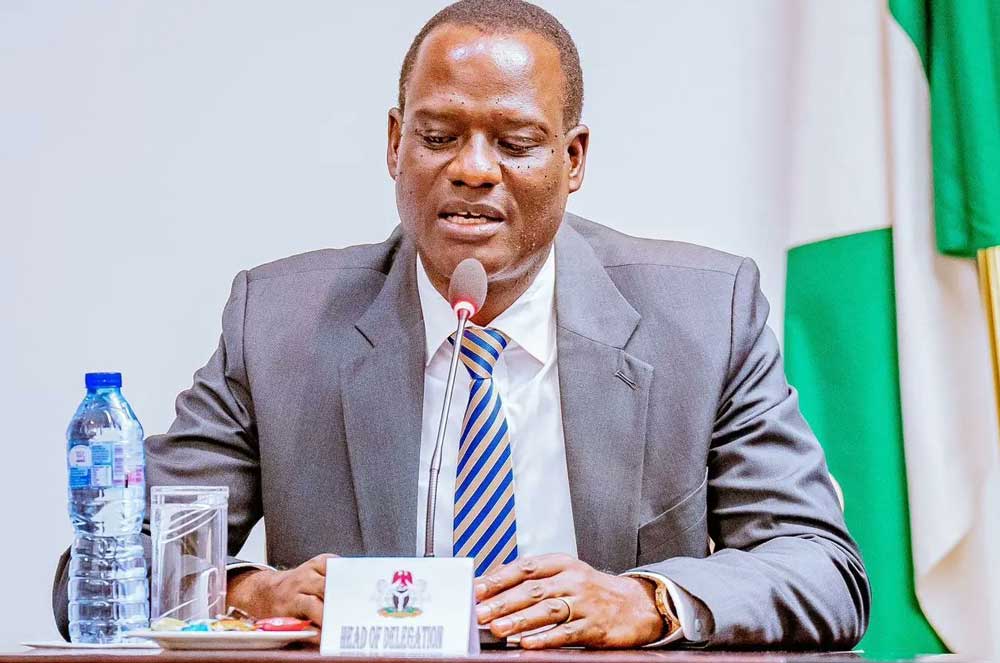Tinubu Signs Historic Tax Reform Laws, Promises First Major Tax Cuts in a Generation

President Bola Ahmed Tinubu has enacted four groundbreaking tax and fiscal reform bills into law, describing the legislation as a transformative moment for Nigeria’s economic governance.
The President signed the bills at the Presidential Villa on Thursday, June 26, 2025, during a ceremony he described as a “new dawn” for the country’s tax system.
“Earlier, I signed into law four historic tax and fiscal bills at the Aso Villa, marking a new dawn in Nigeria’s economic governance,” President Tinubu announced.
The comprehensive reforms promise to deliver Nigeria’s most significant pro-people tax reductions in decades, while also streamlining the country’s complex tax framework.
“These new laws simplify our tax regime and deliver Nigeria’s first major, pro-people tax cuts in a generation. They also provide targeted relief for low-income earners, small businesses, and working families across the country,” the President stated.
The legislation comprises four distinct acts that will fundamentally reshape Nigeria’s revenue collection and administration:
- The Nigerian Tax (Fair Taxation) Act
- The Nigerian Tax Administration Act
- The Nigeria Revenue Service (Establishment) Act
- The Joint Revenue Board (Establishment) Act
All four pieces of legislation will now be formally gazetted as laws of the Federal Republic of Nigeria.
The reforms will not take immediate effect, with the President announcing a structured rollout timeline to ensure proper preparation and stakeholder alignment.
“Implementation will commence on January 1, 2026,” President Tinubu confirmed, providing the administration with six months for planning and sensitization activities.
The delayed implementation allows time for government agencies, businesses, and taxpayers to adjust to the new tax regime while aligning with Nigeria’s fiscal calendar year.
The reforms specifically target relief for Nigeria’s most vulnerable economic groups, including low-income earners, small and medium-sized enterprises (SMEs), and working families nationwide.
This represents a significant shift in Nigeria’s tax policy approach, moving toward a more progressive system designed to reduce the burden on ordinary citizens while maintaining revenue-generation capabilities.
The signing ceremony at Aso Villa concludes months of legislative deliberations and marks the beginning of what officials describe as a new chapter in Nigeria’s fiscal policy framework.
The reforms are expected to have far-reaching implications for Nigeria’s economy, potentially affecting everything from individual tax liabilities to business operations and government revenue collection mechanisms.





